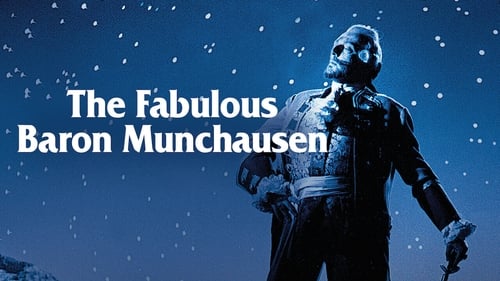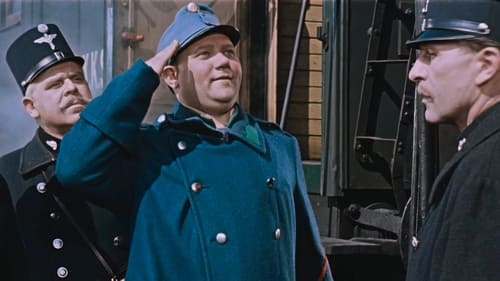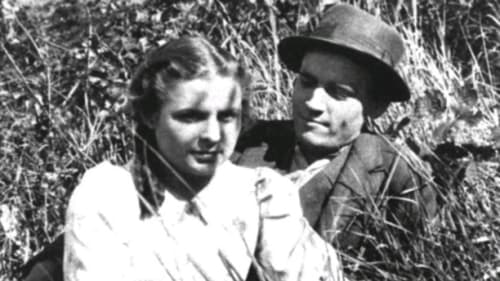
námořník
The 20th century's first man lands on the moon and discovers - that Baron Munchausen has already beaten him to it, along with Cyrano and characters from Jules Verne's lunar-landing novel. The Baron spirits the young cosmonaut by horse-drawn ship back to an ancient "Earth", where they insult a sultan, rescue a princess, fall in love with the princess, and then as a trio have further experiences in a world of pastel colors, ornate dreamlike settings, and the inevitable angry disrupters of peacefulness and love.

Telling the prisoners of a death camp. Boxer Tony Majer, who got into a concentration camp for a fight with the Gestapo, remembers the murderous work in quarries, on the cruel torture of the Nazis and prison solidarity that helped him survive.

Czechoslovakian film.

Pepek Vyskoč
A comedy based on the novel of Jaroslav Hašek's The Good Soldier Svejk happens during the World War I. I Dutifully Report: In the introduction to the second part of the film adaptation of Hašek's novel The Good Soldier Švějk presents his main character Josef Švejk. With the distinctive traditional Czech cartoon character of a soldier Svejk, this time you meet on the way to the front and eventually right in the firing line. You can look at his famous train events, and also probably the most famous episode of the novel, Švejk's Budějovice anabasis. Don't miss the scene with the secretly bought cognac, the episode with Svejk as a fake Russian prisoner of war, including the court scene, and the scene in which lieutenant Dub is caught in a brothel. Despite the criticism, Steklý's adaptation is undoubtedly the most famous and memorable at present.

(uncredited)

In late 19th century Czech-speaking Bohemia, oppressed workers at German-owned mines and foundries revolt against their harsh working conditions. Made shortly after World War II as Czechoslovakia was falling to communism, the film resonates in Czech resentment of the German occupation.

One of the few European films of the 30s to criticize the Nazis, even if they couldn't be directly named due to censorship: Gangsters with gray hats stir up trouble in what is obviously the Sudetenland.

Alois

Rudolf Měšťák’s silent film The Prague Executioner, based on the novel of the same name by Josef Svátek, is a historical tale of love, betrayal and revenge. The screening of the restored 35 mm copy, coloured in accordance with the original tinting and toning process, will be accompanied by music from an ensemble headed by musicologist and composer Vlastislav Matoušek.

Factory owner Pardon, meets Olga, daughter of clairvoyant Stefanie Lesczynska at a ball. Their brief acquaintance is interrupted when Olga and her mother have to leave. Fifi Hrazánková has her sights set on the elligible Pardon. Pardon asks his Uncle Cyril Ponděliček if the girl could take over his position at work so that she may be dissuaded of her amorous intentions. Fifi seduces Pondělíček. In the meantime, Pardon meets Olga and Stefanie again by chance and offers them a place to stay at Ponděliček’s while Pondělíček passes himself off as Pardon.

Directed by Carl Lamac.






